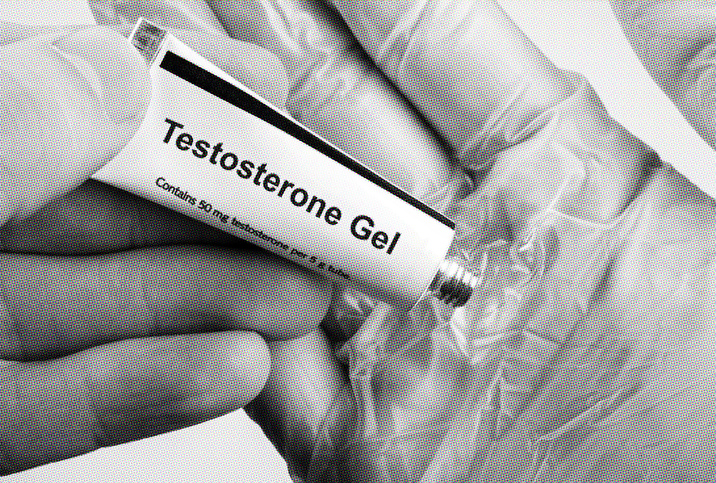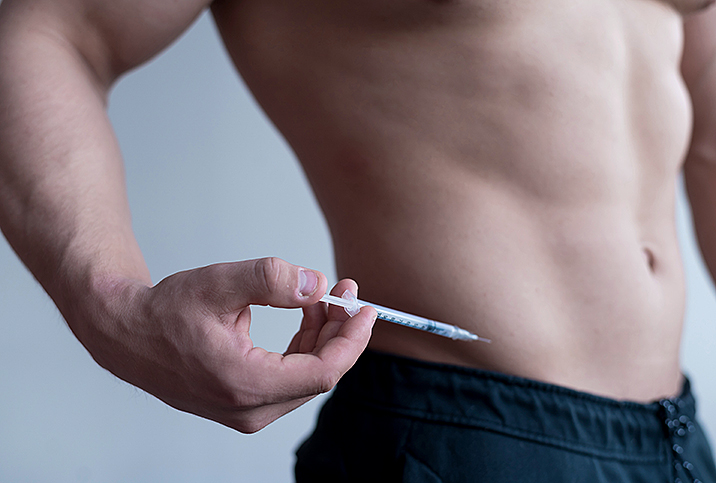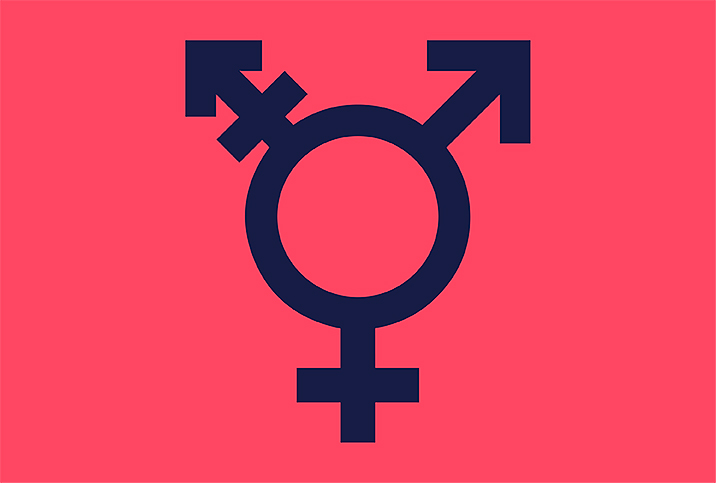What Transitioning Taught Me About Testosterone Therapy and UTIs

The first time I had a urinary tract infection (UTI), I thought I’d miscarried.
Mind you, I was very Mormon at the time and had just gotten married, so I knew absolutely nothing about how sex worked. Oh, and did I mention I was still pretending to be female?
Once I had “gotten used to my husband’s bacteria”—yes, those are the actual words a doctor spoke to me—UTIs left me alone for two years. But then I started hormone replacement therapy in December 2015 as part of my gender transition to present as more masculine, and around May 2016, I got my first UTI as a transgender person.
Within two years, I’d had so many UTIs that I developed antibiotic resistance. In mid-2017, I saw an urgent care doctor who asked me something that would change my health forever: “Have you ever thought about going off the testosterone to stop your UTIs from coming back?”
I found this question hurtful and transphobic, and going off of testosterone wasn’t an option for me. But the link between UTIs and testosterone therapy wasn’t explained to me until long after I needed to know about it. Given how uncomfortable and serious UTIs can be, it’s crucial patients know what testosterone therapy does to the urinary tract.
The problem is that, as far as I can tell, there are conflicting views on the relationship between testosterone therapy and UTIs among medical professionals who treat transgender patients.
Some see a clear link between the two. “Testosterone medications act to block ovarian function, which in turn decreases estrogen levels,” wrote Aleece Fosnight, a board-certified physician assistant specializing in sexual medicine, women’s health and urology, in Aeroflow Urology. “Side effects of testosterone therapies include vaginal dryness, urinary urgency, pelvic pain and urinary tract infections,” she said.
It’s crucial patients know what testosterone therapy does to the urinary tract.
This might be partly due to transgender males having "a higher post-void residual than cisgender females,” according to Rita Rutland, an advanced practice registered nurse and owner of Restorative Health Primary Care in Salt Lake City, who treats both cisgender and transgender patients with hormone therapy. “Post-void residual is the amount of urine left in the bladder after voiding. The more of that left, the higher the probability of UTIs,” Rutland said.
But others remain unconvinced that there’s a link at all. ”I have not seen any reliable connection between testosterone and UTIs, neither in research data nor in my clinical practice,” said Daphna Stroumsa, OB-GYN at the University of Michigan's Von Voigtlander’s Women’s Hospital in Ann Arbor, Michigan.
Further study is sorely needed to determine the connection, if any, between testosterone therapy and UTIs. However, it is still important for transmasculine people to stay alert to the possibility of increased UTIs, and if you’re experiencing any of the side effects, head straight to a doctor you trust.
Take it from me: I’ve had the misfortune of having a UTI spread into my kidneys once. And once was definitely enough.


















